Guinea’s political landscape has been shaken after General Mamadi Doumbouya, the military leader who seized power in a 2021 coup, officially entered the presidential race, despite his earlier vow to hand over control to a civilian government. The announcement, made on Monday at the Supreme Court in Conakry, marks a dramatic twist in the country’s transition process and has sparked widespread debate about the credibility of the upcoming December election.
Wearing his signature dark sunglasses and surrounded by heavily armed soldiers, Gen Doumbouya submitted his candidacy papers without addressing the public. His silent but symbolic gesture has drawn sharp reactions across Guinea, with many citizens and political observers accusing him of betraying his initial promise of democratic restoration.
When he ousted then-President Alpha Condé four years ago, Gen Doumbouya pledged to restore constitutional order and insisted that neither he nor any member of his junta would seek political office. “Neither I nor any member of this transition will be a candidate for anything,” he said in 2021, shortly after taking power. “As soldiers, we value our word very much.” Today, that declaration stands in stark contrast to his actions.
The December election, meant to mark a return to civilian rule, has already been mired in controversy. Two of Guinea’s largest opposition parties — RPG Arc-en-Ciel, the party of former President Condé, and UFDG, led by opposition heavyweight Cellou Dalein Diallo — have been barred from participating. Their exclusion has raised serious concerns about transparency and fairness, with critics saying the vote is being engineered to legitimize Doumbouya’s continued grip on power.
Public frustration deepened when authorities announced that presidential hopefuls must pay a deposit of 875 million Guinean francs (about $100,000 or £75,000) to run. The hefty fee, one of the highest in West Africa, has been widely condemned as a deliberate attempt to restrict participation to only the wealthiest or those aligned with the ruling junta. Although the previous deposit was nearly as high at 800 million francs, many Guineans had hoped it would be lowered to encourage broader competition in what should have been a defining democratic moment.
Under Doumbouya’s rule, Guinea has faced growing international criticism for its deteriorating human rights record and suppression of dissent. Civil society groups accuse the junta of cracking down on protests, silencing independent media, and curbing internet access to stifle opposition voices. Reports of arrests, intimidation, and the use of excessive force against demonstrators have drawn condemnation from rights organizations and foreign observers.
Ironically, many of these are the same abuses that Doumbouya cited to justify his coup against Condé in 2021. At the time, he accused the aging president of corruption, human rights violations, and “personalization of power.” Yet, four years later, critics say Doumbouya has replicated many of the same authoritarian tactics that he once vowed to dismantle.
The election is being held under a new constitution that effectively allows Gen Doumbouya to run for president, a move many analysts interpret as a strategic legal maneuver to legitimize his leadership. Meanwhile, several prominent political figures remain exiled, including former President Alpha Condé and former Prime Ministers Cellou Dalein Diallo and Sidya Touré. Their absence further tilts the political playing field in Doumbouya’s favor.
Born in the eastern Kankan region, Mamadi Doumbouya, now 40, is one of Africa’s youngest leaders. Before leading the coup, he was a relatively unknown officer with a 15-year military career that included international assignments in Afghanistan, Ivory Coast, Djibouti, the Central African Republic, and Israel. He also served in close protection roles in Cyprus, the United Kingdom, and Guinea, where he eventually rose to command the country’s elite Special Forces Group — the very unit that toppled Condé.
As Guinea heads toward the December polls, uncertainty looms large. Many fear that the election will be little more than a formality to solidify military rule under civilian disguise. International partners, including the African Union and ECOWAS, have expressed concern but stopped short of imposing new sanctions, opting instead to urge dialogue and a credible electoral process.
For ordinary Guineans, the mood is one of skepticism and fatigue. “We were promised democracy, not another strongman,” said a resident of Conakry. “Now it feels like nothing has changed just a different uniform in the palace.”
Whether Gen Doumbouya’s bid for the presidency ushers in a new chapter of stability or deepens Guinea’s political crisis remains to be seen. What is clear, however, is that the once-celebrated promise of a swift return to civilian rule has faded, replaced by fears of another prolonged era of military dominance.


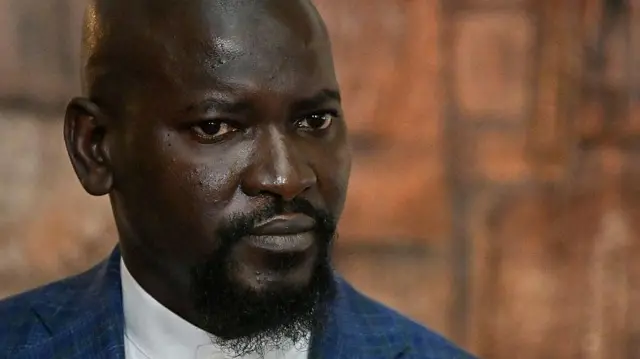
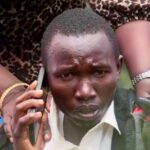
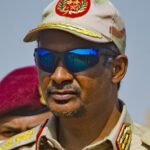



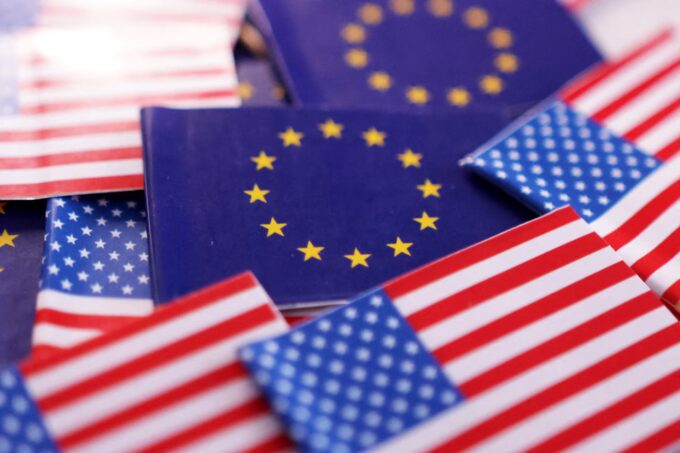
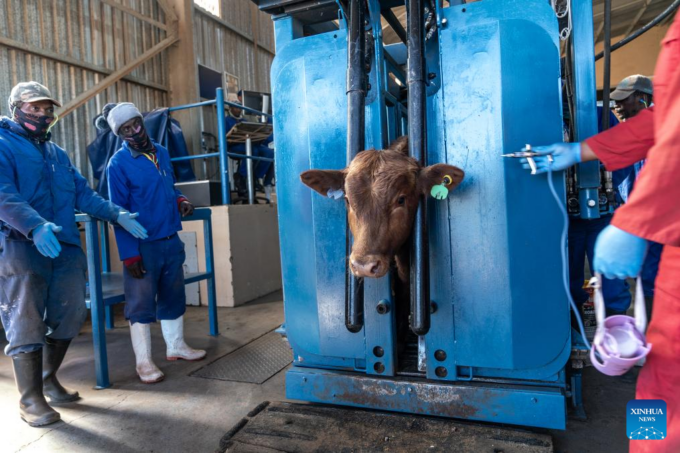
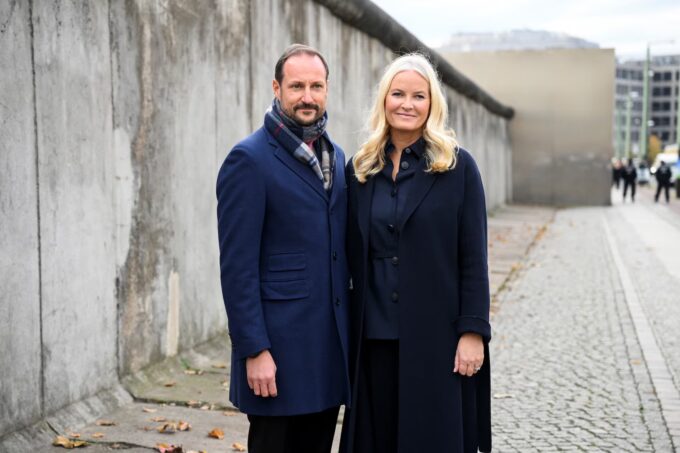

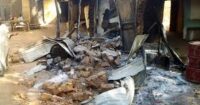
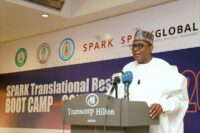
Leave a comment